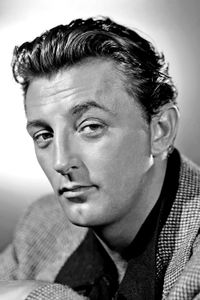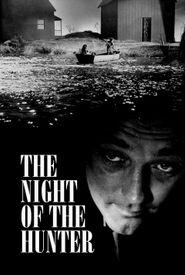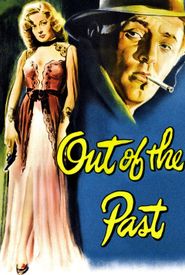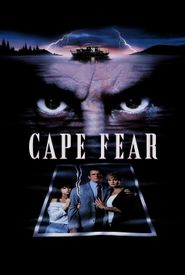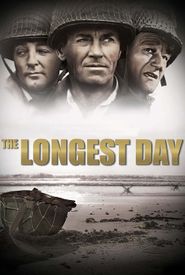Robert Mitchum, an American leading man of immense talent, shrouded his abilities beneath an aura of disinterest. Born in Bridgeport, Connecticut, to Ann Harriet (Gunderson),a Norwegian immigrant, and James Thomas Mitchum, a shipyard/railroad worker, his life was marked by early adversity. His father's untimely death in a train accident when Robert was just two years old led to his mother, stepfather, and siblings, including brother John Mitchum, later also an actor, relocating to various cities, including Connecticut, New York, and Delaware.
As a teenager, Robert's disdain for authority led to disciplinary issues, and he spent considerable time exploring the open road, later claiming to have been charged with vagrancy at the age of 14 and sentenced to a Georgia chain gang, from which he escaped. His journey continued with a diverse range of jobs, including ghostwriting for astrologist Carroll Righter, before discovering acting in a Long Beach, California, amateur theater company.
Mitchum's acting career flourished, with appearances in dozens of films within a brief time. In 1945, he was cast as Lt. Walker in Story of G.I. Joe and received an Oscar nomination as Best Supporting Actor. His star ascended rapidly, and he became an icon of 1940s film noir, equally adept at westerns and romantic dramas. His seemingly lazy style and seen-it-all demeanor proved highly attractive to both men and women, and by the 1950s, he was a true superstar, despite a brief prison term for marijuana usage in 1949, which seemed to enhance rather than diminish his "bad boy" appeal.
Despite appearing to be dismissive of "art," Mitchum worked in projects that showcased his artistic range, such as Charles Laughton's The Night of the Hunter and an oratorio produced at the Hollywood Bowl by Orson Welles. A master of accents and seemingly unconcerned about his star image, he played in both forgettable and unforgettable films with unswerving nonchalance, leading many to overlook the prodigious talent he could bring to a project that he found compelling.
As his film opportunities diminished, Mitchum transitioned to television in the 1980s, winning new fans with The Winds of War and War and Remembrance. His sons, James Mitchum and Christopher Mitchum, and grandson, Bentley Mitchum, are also actors. His last film was James Dean: Race with Destiny, released in 1997, starring Casper Van Dien as James Dean.
